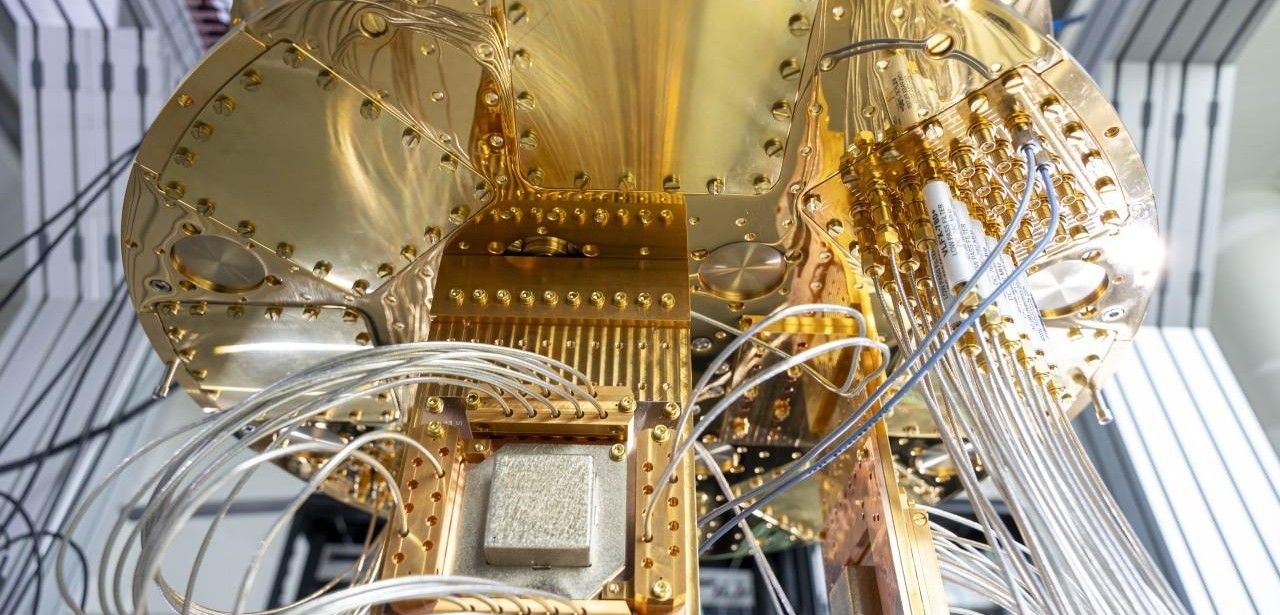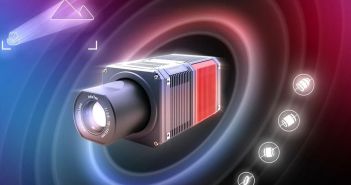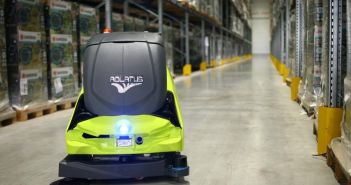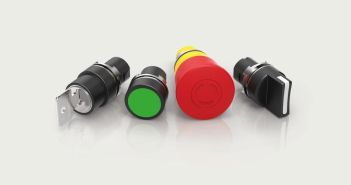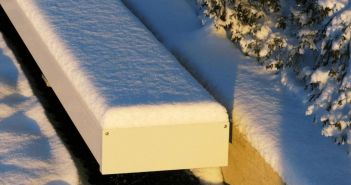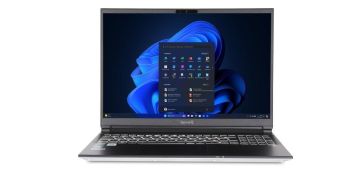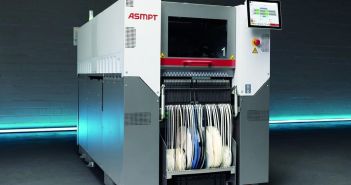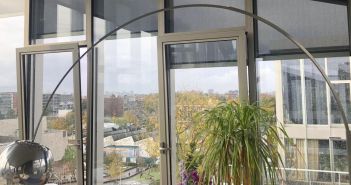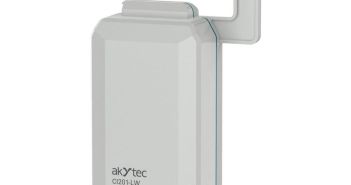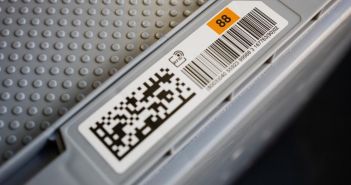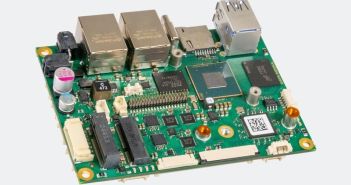Fraunhofer IZM-ASSID and IPMS coordinate QSolid with GlobalFoundries, Forschungszentrum Jülich, and RWTH Aachen, targeting a German quantum computer using superconducting qubits with minimal error rates. A specialized interposer hosts over 10,000 connections within 20×15 mm, ensuring thermal decoupling and signal integrity. A ten-qubit prototype with its own software stack and cloud interface delivers benchmark results. The project benefits from a 76.3 million-euro BMBF grant, strengthening Germanys national quantum computing infrastructure advanced platform.
Table of Contents: What awaits you in this article
German QSolid Consortium Develops Superconducting Qubits Enabling Faster Computations
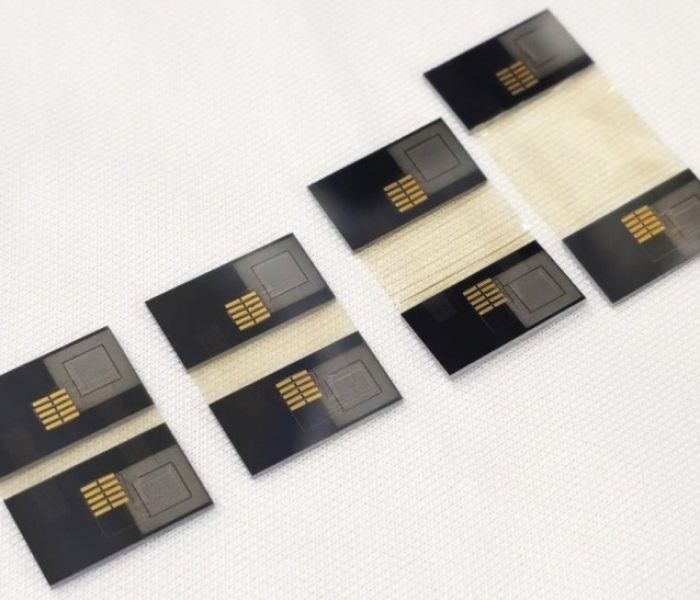
Verbindet Qubits mit ihrer Steuerung (Foto: Fraunhofer IZM-ASSID. Steffen Bickel)
QSolid, a German collaboration, emphasizes the use of superconducting qubits that exploit superposition to accelerate complex computational tasks beyond classical hardware capabilities. Fraunhofer IZM-ASSID leads advanced packaging development, creating an interposer in partnership with Fraunhofer IPMS and GlobalFoundries. This interposer provides reliable electrical connections and thermal isolation between qubits and control electronics. By combining these innovations, the consortium seeks to significantly improve overall system performance while ensuring consistent operational stability.
Qubits Enable Superposition to Solve Complex Problems More Efficiently
Qubits operate as fundamental information units in quantum computing, providing superposition whereby a single qubit represents multiple states at once. This property enables quantum processors to tackle intricate problems far more rapidly than classical machines. Scaling quantum systems, however, demands precise qubit control, effective manipulation, and robust error correction protocols. As qubit counts increase, error rates and system complexity rise correspondingly, necessitating sophisticated thermal stabilization, precise calibration, and correction methodologies.
QSolid Develops Next-Gen Superconducting Circuits With Low Error Rates
QSolid aims to develop a next-generation superconducting circuit system with low error rates. By employing optimized design strategies and ultra-pure materials, each qubit achieves exceptional coherence times and stability. The architecture leverages precise fabrication techniques to minimize noise and thermal fluctuations. This approach positions QSolid at the forefront of quantum processor research, directly competing with initiatives from Google, IBM, and Intel while establishing new benchmarks for performance, reliability, and scalability.
QSolid half-time demonstrator launches ten qubits and integrated stack
In September 2023 at the Jülich research center, the QSolid midterm demonstrator achieved operation with ten superconducting qubits integrated into a software stack and offering cloud-based user access. This platform supports industry-standard testing and benchmarking of qubit performance and system stability. Drawing on these initial results, the project plans to develop multiple processor architectures by the end of 2026, establishing the foundation for a fully functional German superconducting quantum computer.
Fraunhofers 20×15mm Interposer Delivers 10,000 Connections With Thermal Isolation
Designed by Fraunhofer IZM-ASSID, the interposer spans just twenty by fifteen millimeters while accommodating over ten thousand individual wiring traces through ultrathin conductors. It provides exceptional thermomechanical stability by separating the delicate superconducting quantum chip from its supporting control electronics through effective thermal decoupling. This architecture significantly reduces environmental noise and interference sources while ensuring consistent, stable signal propagation and timing precision across complex quantum computing assemblies under varying conditions.
Steffen Bickels Team Scales Interposer Wiring for High-Frequency Applications
Working in collaboration with Forschungszentrum Jülich and RWTH Aachen, Steffen Bickels team evaluates the scalability of their interposers wiring architecture. To meet high-frequency quantum control requirements, they incorporate coaxial transmission structures into the interposer. Initial experiments characterize performance and stability when the interposer dimensions are scaled by factors of two to three. These investigations provide vital data on signal integrity, crosstalk reduction, and production feasibility critical for next-generation quantum demonstrators.
3 Million Euro Funding Strengthens Germany’s Quantum Sovereignty, Competitiveness
Funded with 76.3 million euros by the Federal Ministry of Education and Research (BMBF), QSolid unites twenty-five German institutions to secure technological sovereignty in quantum computing and boost competitiveness of research and industry. Through collaboration, it seeks to accelerate domestic development of quantum processors and establish a key foundation for applications. Potential use cases include chemistry simulations, materials research, and medical diagnostics, supporting Germanys strategic position in emerging quantum technologies.
Superconducting qubits plus high-density interposer deliver scalable quantum computers
The integration of superconducting qubits with advanced packaging and a densely wired interposer yields a resilient, secure architecture for quantum processors. Enhanced coherence through thermal decoupling, minimized operational disturbances, and optimized signal routing collectively reduce error rates. Scalable wiring capacities facilitate growth in qubit count. Supported by German engineering leadership and public investment, this project accelerates realization of a quantum computing platform, reinforcing technological sovereignty and enabling diverse industrial applications.


